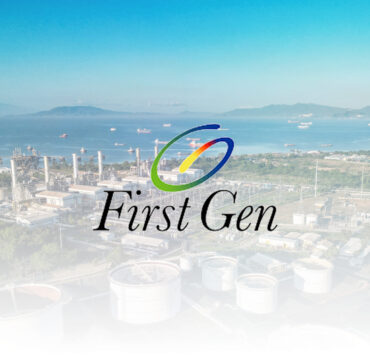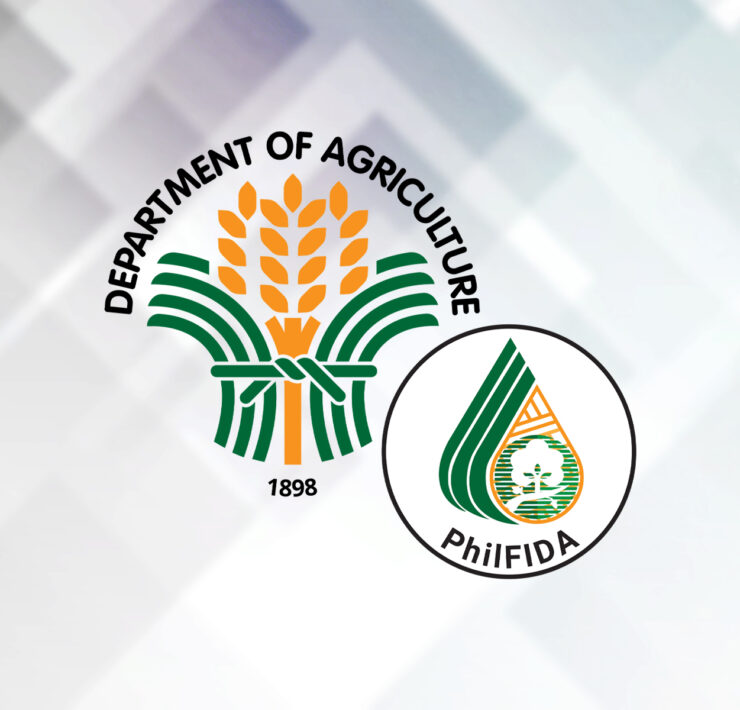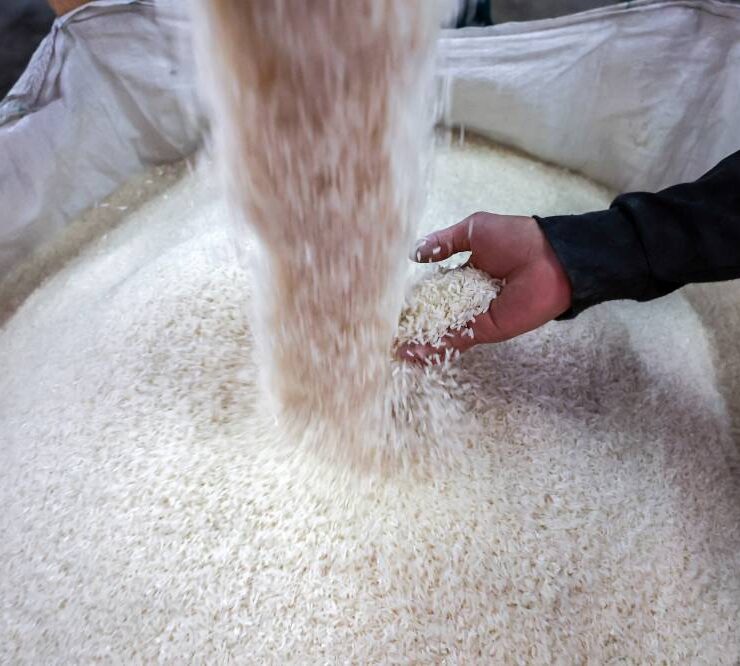Rename PCA to Philippine Coconut Farmer Authority

Just as Thailand renamed its agriculture agency the “Ministry of Agriculture and Cooperatives” to ensure that cooperatives will be used as the key to its agriculture success, we must now consider renaming our Philippine Coconut Authority (PCA) to the Philippine Coconut Farmer Authority. While much more attention should be given to coconut production and processing, equal attention should be given to the farmer’s welfare and low income. The latter can be achieved primarily through intercropping.
A research-based-study states: “Coconuts should not be treated as a major source of revenue in a coconut farm agroeconomic system. They should be seen as a gift or bonus crop. They provide a microclimate modifier giving ‘shading effect’ favorable to understorey fruit trees, namely: coffee, cacao, mangosteen, durian, banana and even rubber trees.”
This conclusion comes from “An Assessment of Coconut-based Diversified Farming Systems of Small Holders.” It was commissioned by the Integrated Rural Development Foundation (IRDF) and funded by L3F.
A team of agronomy and farming system specialists from the University of the Philippines Los Baños (UPLB) spearheaded this study. We cite here some of its findings and make three recommendations.
Situation
We have 3.4 million coconut farmers, planting 3.5 million hectares in 68 out of our 82 provinces. Among them, 71 percent own less than three ha each. They constitute the poorest sector in our agriculture. Disappointingly, one third of this land has nothing planted in between the coconut trees.
Though we are the second-largest producer and exporter of coconut oil, producing 25-30 percent of global coconut oil exports, our coconut productivity is very low. It is 45 nuts per tree, compared to Brazil’s 400, Mexico’s 300 and India’s 250.
We must now use science and business management in promoting our coconut industry. For a coconut farmer, simply applying salt and the right fertilizer will double coconut production. But even doubling his income will not be enough to overcome his poverty threshold. He must own at least 10 hectares, which is more than three times what he has now.
Intercropping
The solution to overcoming this poverty is intercropping. This is lacking today because the PCA currently has no unit concentrating on this. And yet, intercropping increases the farmer’s income from two to 10 times.
Here are the documented increased farmer incomes, depending on which product was intercropped: coffee—2.4x; cacao—2.8x; mangosteen—5.3x; durian—7.8x; mango—9.4x; and banana—12.6x.
However, if processed, the relative profitability of each crop can change. For example, when cacao is processed and sold by Starbucks, the gross earnings amount to P7.11million a hectare. Just as processing can add tremendous profit to coconut, so will this happen to intercropped products.
It is therefore imperative to address not only the supply chain, but also the value chain. Farmers should therefore go from the supply chain approach of simply supplying raw materials to the factories, to the value chain approach of organizing themselves into cooperatives. They can then process the coconut into high-priced processed finished products.
Three requirements
To achieve these benefits, PCA must help in providing three key requirements for success.
The first is capital. Credit must be provided to deserving farmers. But farmers should be guided in accessing these funds through training and development.
On the other hand, banks should go beyond the heavily collateral approach and instead offer innovative financing and guarantee schemes.
Second, the PCA support must be science and business-based. The appropriate crops and technologies should be taught in promoting the right intercropping product for identified areas. Furthermore, the business aspects of logistics, market and profitability should be addressed.
Third, the farmers should be helped in organizing into cooperatives or consolidated groups. This also requires competent management, the absence of which often results in failure.
It is not necessary to have a new name like the Philippine Coconut Farmers Authority. But it is imperative that PCA go beyond focusing on coconut and strategically address the coconut farmers’ welfare. To achieve this, the necessary resources should be immediately harnessed to make intercropping an essential PCA strategy.
The author is Agriwatch chair, former secretary of presidential flagship programs and projects, and former undersecretary of the Department of Agriculture and the Department of Trade and Industry. Email agriwatch_phil@yahoo.com
The author is Agriwatch chair, former secretary of presidential flagship programs and projects, and former undersecretary of the Department of Agriculture and the Department of Trade and Industry. Contact is agriwatch_phil@yahoo.com.





















